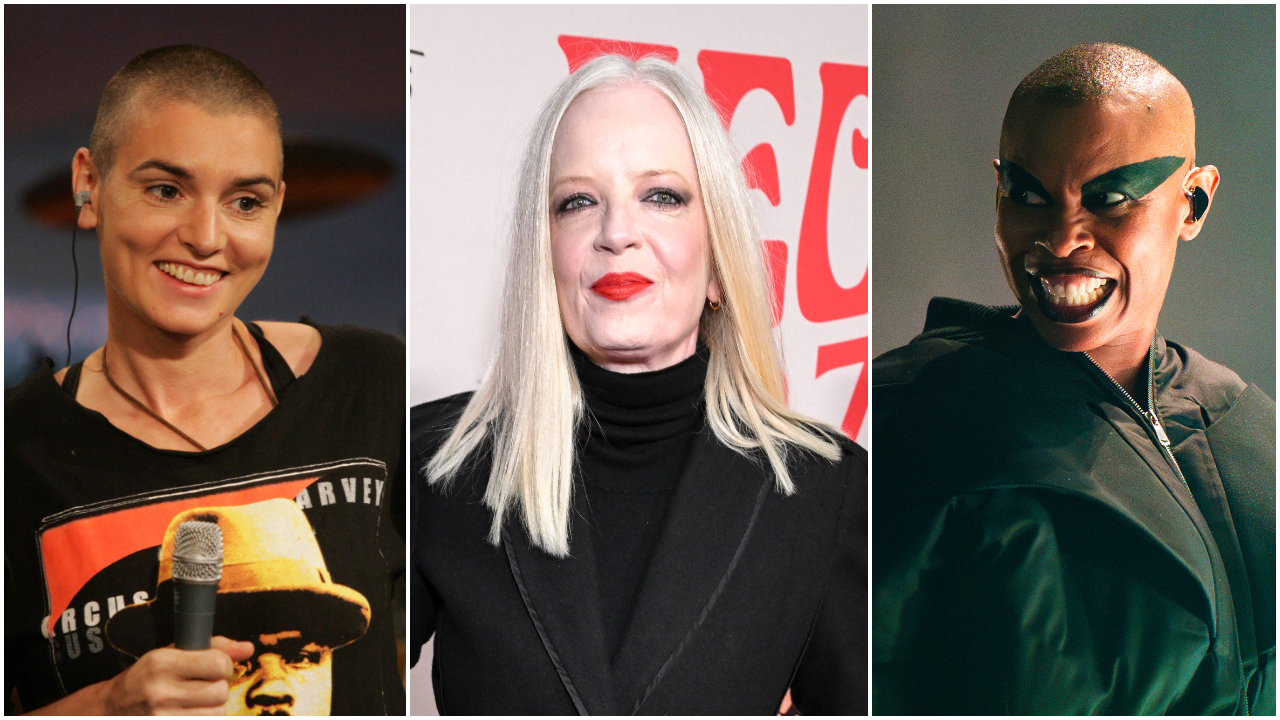“At first, they thought it was a marvellous distraction, a joyous kink. Then there was a sense of, ‘You can go back to the hole that you crawled out of’.” Garbage’s Shirley Manson on how the patriarchy seeks to crush women’s voices in the music industry

As superstars such as Lady Gaga, Olivia Rodrigo, and Billie Eilish readily admit, ’90s artists such as Garbage‘s Shirley Manson, No Doubt‘s Gwen Stefani, Sinead O’Connor, Alanis Morissette and Skin undoubtedly helped pave the way for strong female voices in the music industry. But as Shirley Manson recalls in a new interview with The Guardian, a misogynist music industry wasn’t already ready to accept this new generation of women.
“I didn’t notice a lot of the micro-misogyny and the micro-sexism at first,” Manson admits. “I was blinded by the dazzle of my career. I wasn’t paying attention. Back then, I read my own press, like a fool, and I was reading these horrible descriptions of me, really degrading or sexual in nature, or just nasty shit. It wasn’t just the male writers, although primarily the 90s music journalists were male. It really stung, and I found that hard.”
Asked for her thoughts on where this anger towards emerging female artists stems from, Manson says, “I think it goes back to the 90s offering a different kind of woman, for the first time, arguably ever in culture. Liberated, mouthy, opinionated, political, also often beautiful and powerful.”
“At first, I think they thought it was a marvellous distraction, a joyous kink,” she continues. “And then, all of a sudden, they – I’m going out on a limb to say ‘they’, here, are the patriarchy – were like: ‘Wait a minute, these women are getting a lot of attention and taking up a lot of column space, and we’re going to crush it.’ Subconsciously, not deliberately, I don’t think. But there was a sense of: ‘You can go back to the hole that you crawled out of. Let’s get back to real music, serious music, proper creativity, important statements and important sounds coming from the men.’”
Manson has spoken out in the past about sexism and misogyny in the music business.
“If I had a dick I would be treated differently,” she told The Telegraph’s Neil McCormick in 2021, revealing how she is still routinely patronised by “male musicians, male managers, male accountants.”
“Whoever I’m dealing with, I feel relegated to second position because I’ve got a vagina!”
“I’ve talked about this my whole career,” she added. “I’ve been able to maintain my integrity. If I’m going to be the only one standing up in the middle of the room pointing out the turd in the corner, then so be it. I’m quite happy to fulfil that role.”
At the time, Manson said she was heartened, however, by the fearlessness she saw in emerging female artists.
“I was an anomaly in my generation,” she states. “I was described as loud-mouthed, opinionated, ‘she won’t shut up!’ And now I see all the women at it. Even the ones who are making quite pleasing pop music – they are also speaking up and pushing the agenda forward of a more egalitarian society. That’s exciting to me.”
Garbage’s new album, Let All That We Imagine Be the Light is out on May 30 via BMG.
